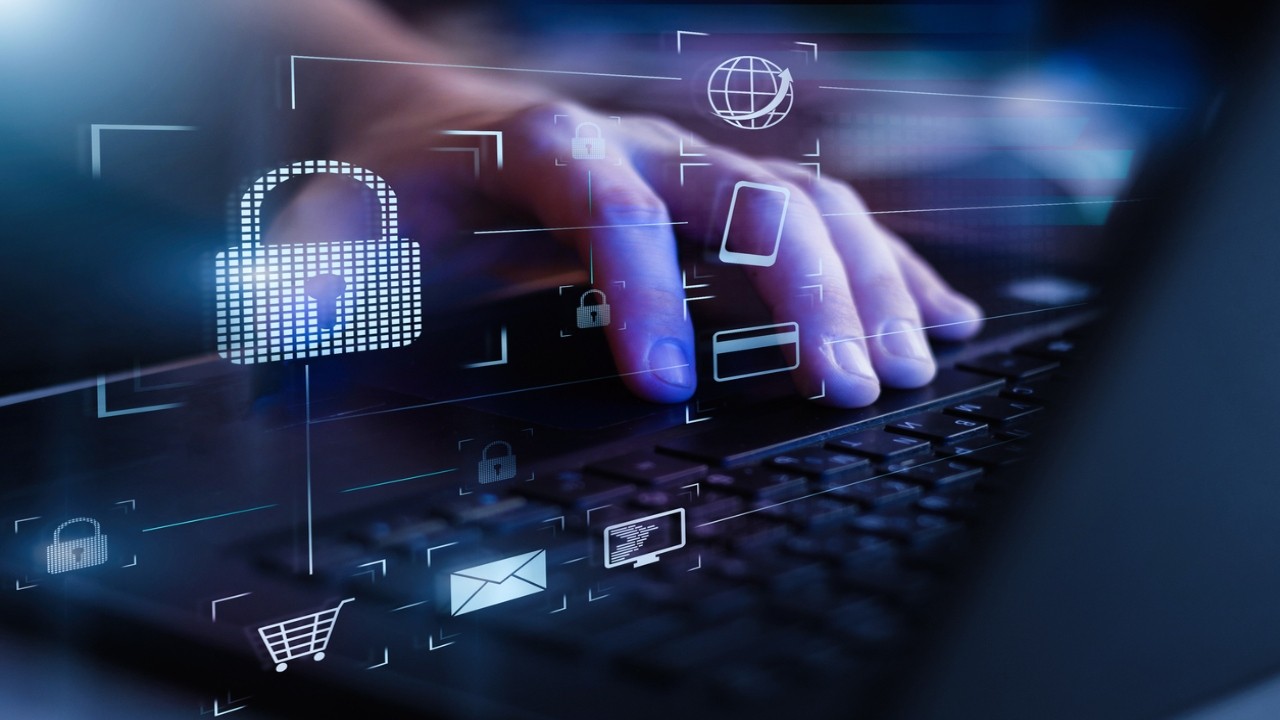As remote work continues to rise in the UK, ensuring the cybersecurity of remote teams has become a top priority for businesses. With sensitive company data being accessed from home networks and personal devices, the risk of cyber threats has significantly increased. To keep operations safe and secure, businesses need to adopt advanced cybersecurity practices that protect remote workforces from hackers, data breaches, and other malicious attacks. In this blog, we’ll explore essential strategies for boosting cybersecurity for remote UK workforces and how they can be effectively implemented.
Why Cybersecurity is Critical for Remote Workforces
Remote teams often operate in less secure environments than those within the traditional office setup. Employees working from home may rely on unsecured Wi-Fi networks, outdated antivirus software, or even share devices with family members. This leaves the door open for cybercriminals to exploit these vulnerabilities. For businesses in the UK, ensuring that remote work does not compromise sensitive information is crucial for maintaining client trust and regulatory compliance, especially with GDPR regulations.
Implement Strong Password Policies and Multi-Factor Authentication
One of the simplest yet most effective ways to protect your remote workforce is by implementing strong password policies. Encourage employees to use unique, complex passwords for their business accounts and avoid reusing passwords across multiple platforms. Additionally, Multi-Factor Authentication (MFA) should be a standard practice. MFA adds an extra layer of security by requiring not just a password but also a second verification step, such as a text message code or biometric scan. This can significantly reduce the chances of unauthorized access.
Secure Virtual Private Networks (VPNs)
Virtual Private Networks (VPNs) play an important role in securing remote access to company systems. VPNs encrypt all data transferred between the employee’s device and the company’s servers, making it more difficult for hackers to intercept sensitive information. Ensure that your remote workers always use a VPN when accessing business resources from home or public Wi-Fi. Providing a company-approved VPN solution can safeguard your workforce from cyber threats.
Use Endpoint Protection
Endpoint security is critical for safeguarding devices used by remote employees, including laptops, desktops, and mobile devices. By installing endpoint protection software, businesses can monitor and secure all endpoints connected to the company’s network. Features such as antivirus protection, anti-malware, firewalls, and intrusion detection systems help defend against common cyber threats. Keep software updated regularly to prevent vulnerabilities that cybercriminals could exploit.
Conduct Regular Security Training for Employees
Human error remains one of the leading causes of cybersecurity breaches. Remote workers may inadvertently click on phishing emails or download malicious attachments, putting your business at risk. Regular security training is essential to educate employees about the latest threats and how to avoid them. Topics should include recognizing phishing attempts, using secure communication channels, and safely handling sensitive data. With a well-informed workforce, the chances of a security incident drop significantly.
Implement Zero-Trust Security Models
Adopting a zero-trust security model ensures that no one, inside or outside the organization, is trusted by default. This approach verifies every device, user, and connection before granting access to company resources. Zero-trust security is particularly important for remote workforces as it mitigates the risk of compromised accounts or devices gaining access to critical systems. Combined with robust identity verification and encryption, zero-trust models help protect remote teams from both external and internal threats.
Backup Data Regularly
Regular data backups are essential in case of a cyberattack, such as ransomware, or other unforeseen events. By backing up important files to secure, offsite locations, businesses can ensure that critical data is not lost. Cloud-based backup solutions are ideal for remote teams, offering secure storage that can be easily accessed and restored when needed. Make sure backups are encrypted and performed automatically to minimize the risk of data loss.
Protecting Your Remote Workforce with Freshstance IT
At
Freshstance IT, we provide expert cybersecurity solutions tailored to remote teams across the UK. Our services include
Business IT Support,
IT for Remote Teams,
Unified Communications,
Telecoms, and
Cybersecurity to ensure that your workforce remains protected against evolving cyber threats. With our proactive approach, we can help your business implement robust cybersecurity measures, including VPNs, endpoint protection, zero-trust security, and ongoing employee training.
Our team of professionals is dedicated to helping businesses like yours stay secure in the face of rising cybersecurity challenges. Whether you’re setting up a remote team or looking to strengthen your existing infrastructure,
Freshstance IT is here to provide the support you need.






